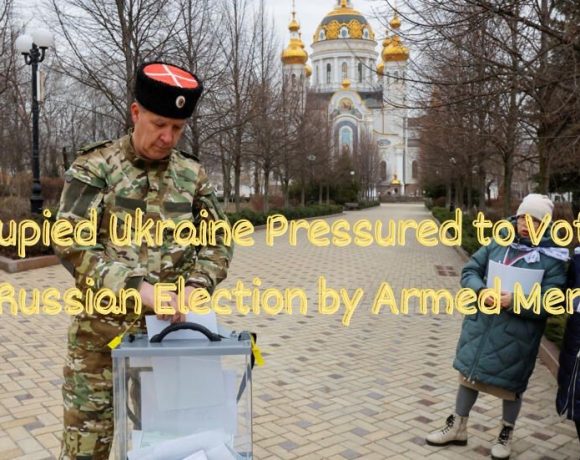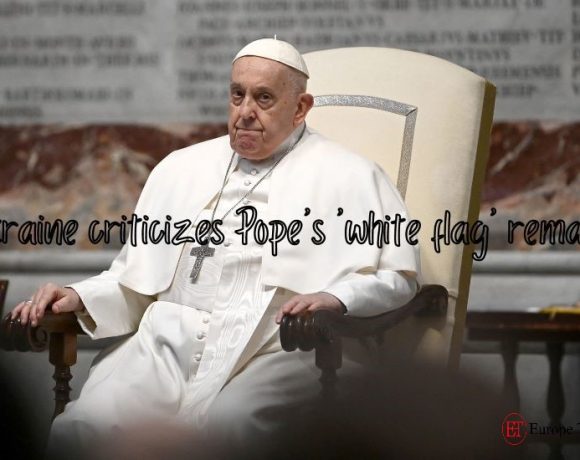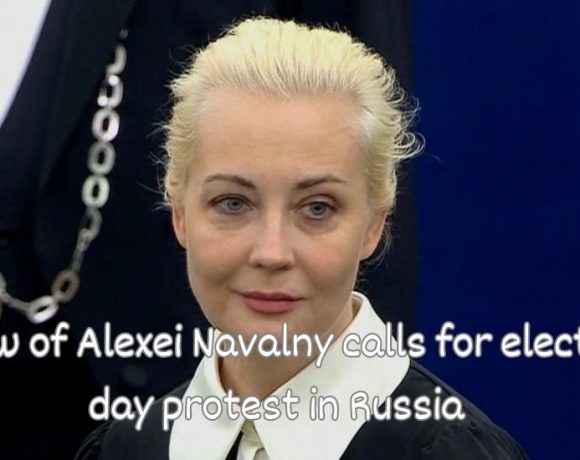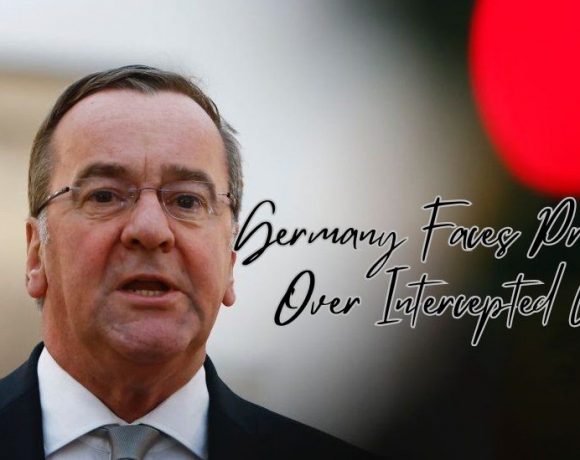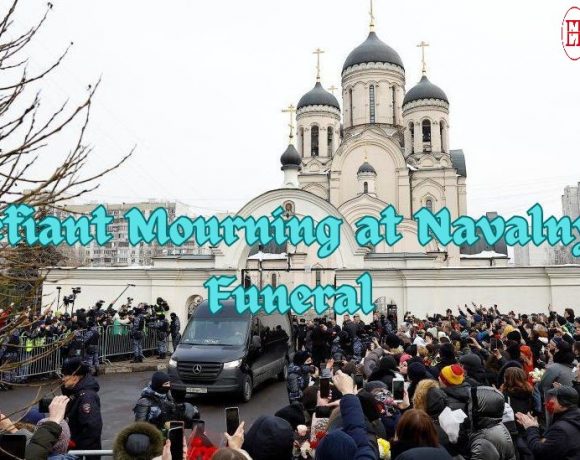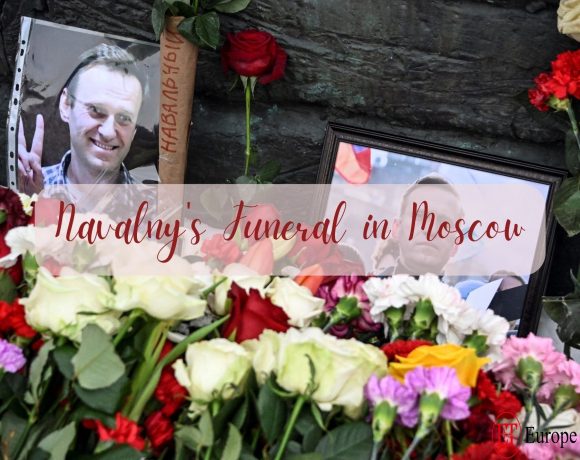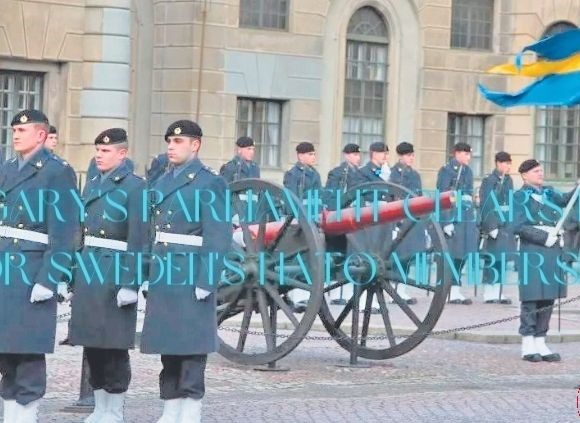
Leonid Volkov, a close ally of the late Russian opposition leader Alexei Navalny, was attacked outside his residence in Lithuania, sustaining injuries including a broken arm and multiple blows to his leg with a hammer. Lithuanian authorities suspect Russian involvement in organizing and executing the attack, a notion Volkov concurs with, attributing it to Putin’s regime. The incident occurred as Volkov arrived home in Vilnius.
Lithuanian President Gitanas Nauseda condemned the attack, expressing defiance against Putin, asserting that no one fears him in Lithuania. Another Navalny team member, Ivan Zhdanov, shared images of Volkov’s injuries on social media, affirming the attack’s political nature.
Volkov’s wife, Anna Biryukova, vowed to intensify their activism despite the assault. Volkov, who has been living outside Russia for safety reasons, has been a key figure in Navalny’s movement, facing politically motivated charges in Russia. Lithuanian authorities and the VSD state security department are investigating the attack, viewing it as an attempt to impede opposition efforts during Russia’s upcoming presidential elections, which lack genuine opposition candidates.
In a video statement, Volkov denounced the attack, emphasizing his determination to continue political activism. He called for peaceful protests during the election period and urged Russians to participate in a coordinated action against Putin’s regime.
Despite challenges, Volkov has ensured the continuity of Navalny’s activism from abroad, facilitating anti-corruption investigations and supporting protests in Russia. The Navalny organization has faced severe crackdowns, with many members imprisoned and the group labeled extremist in Russia. Ahead of the upcoming election, Navalny’s widow, Yulia Navalnaya, echoes Volkov’s call for opposition unity, aligning with Navalny’s vision before his demise.
Picture Courtesy: Google/images are subject to copyright

